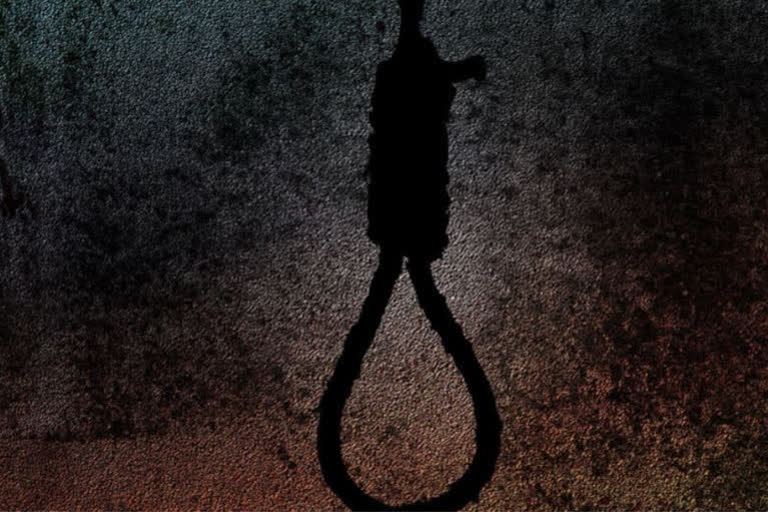Hyderabad: World Suicide Prevention Day (WSPD) is an awareness day observed on 10 September every year, in order to provide worldwide commitment and action to prevent suicides, with various activities around the world since 2003.
The International Association for Suicide Prevention (IASP) collaborates with the World Health Organization (WHO) and the World Federation for Mental Health (WFMH) to host World Suicide Prevention Day.
Suicide prevention remains a universal challenge. Every year, suicide is among the top 20 leading causes of death globally for people of all ages. It is responsible for over 800,000 deaths, which equates to one suicide every 40 seconds. Behind these statistics individual narratives are involved for those who have,for many different reasons, queried the value and purpose of their own lives.
Every life lost represents someone’s partner, child, parent, friend or colleague. For each suicide approximately 135 people suffer intense grief or are otherwise affected. This amounts to 108 million people per year who are profoundly impacted by suicidal behaviour. Suicidal behaviour includes suicide, and also encompasses suicidal ideation and suicide attempts. For every suicide, 25 people make a suicide attempt and many more have serious thoughts of suicide.
In the last 45 years rates have increased by 60% worldwide. Suicide is now among the three leading causes of death among those15-44. Suicide attempts are up to 20 times more frequent than completed suicide. Suicide is the 15th leading cause of death globally, account for 1.4% of all deaths and the global suicide rate is 11.4 per 100 000 population.
Also read: India to start clinical trials of Russian Covid vaccine
Suicide is the leading cause of death in people aged 15-24 in many European countries. Globally suicide rates among this age group are higher in males than females self-harm largely occurs among older adolescents, and globally is the 2nd leading cause of death for older adolescent girls. In 2012, 76 per cent of global suicide occurred in low-and middle-income countries 39 per cent of which occurred in the South-East Asia Region.
In 25 countries (within WHO member states) suicide is currently still criminalized. In an additional 20 countries suicide attempters may be punished with jail sentences, according to Sharia law.
Suicide is the result of a convergence of risk factors including but not limited to genetic, psychological, social and cultural risk factors, sometimes combined with experiences of trauma and loss.
Each suicide is a personal tragedy that prematurely takes the life of an individual and has a continuing ripple effect, dramatically affecting the lives of families, friends and communities.
Every year, more than 1,00,000 people commit suicide in India. There are various causes of suicides like professional/career problems, sense of isolation, abuse, violence, family problems, mental disorders, addiction to alcohol, financial loss, chronic pain and to name a few.
In India alone a total of 1,39,123 suicides were reported the during 2019 showing an increase of 3.4% in comparison to 2018 and the rate of suicides has increased by 0.2% during 2019 over 2018.



